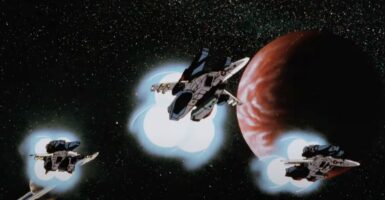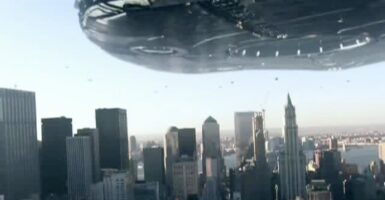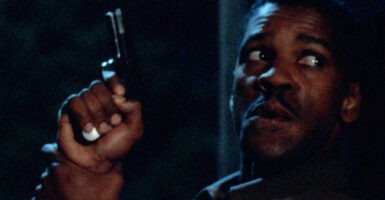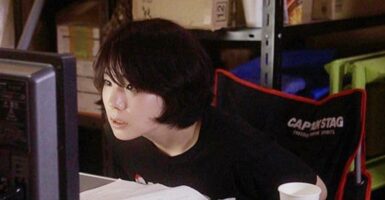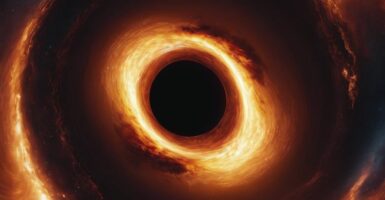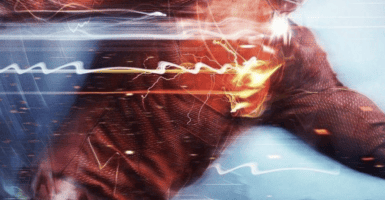Marvel And DC Were Almost Destroyed By A Tiny Competitor
Malibu's Ultraverse forced Marvel and DC to change everything, almost bankrupting them in the process, and setting the stage for the MCU.
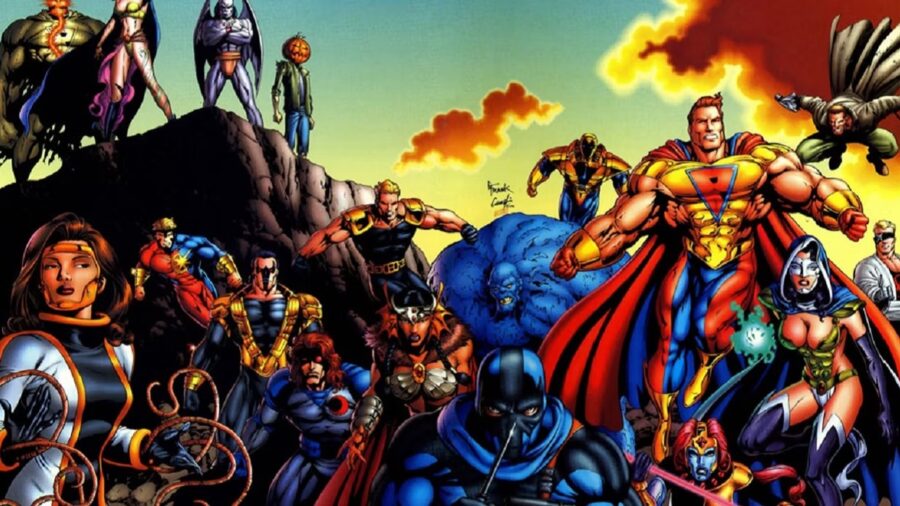
Almost exactly 25 years ago, a small California company managed to go toe-to-toe with Marvel and DC; eventually, this nascent comic company did enough damage that Marvel was forced to sell the rights to their biggest characters. That’s right, without the amazing work done by Malibu Comics, there would have been no X-Men from Fox, and Sam Raimi’s Spider-Man would have never existed. In addition, Malibu published the very first Image comics and pioneered a comic printing technique that made their comic books look much better than anything the big two companies put out, so what went wrong, and why do we have to thank Malibu for the MCU?
Starting back in 1993, Malibu launched the first comics in what they called the Ultraverse. Featuring heroes like Prime (a young boy that could create bio-organic armor in the form of a very muscular full grown man), Prototype (think Iron Man, but he’s an employee and not the inventor), The Strangers (The X-Men, but they got powers from an Entity stuck on the moon), and Nightman (a jazz musician with brain damage that doesn’t have to sleep), the Ultraverse punched far above its weight class and immediately upended the comic market, forcing Marvel and DC to react or go bankrupt.
What set the Ultraverse apart from Marvel and DC’s comics at the time was that everything was interconnected, cross-overs were frequent, and events in one comic would influence an ongoing story in another. While the big two companies were in the middle of the “dark age of comics” featuring gritty and grim heroes like Punisher and Lobo, Malibu struck gold with the heroic Hardcase and the mystical Mantra, among many others. With video games, and a Saturday morning cartoon following Ultraforce, Malibu was a company on the rise until one day, everything went wrong.

The comic industry collapsed in the mid-90s, forcing Malibu to cancel comics, but by then, the publisher had grown too much, too fast, and found itself on the market. Both Marvel and DC wanted access to Malibu’s innovative digital printing process, with Marvel ultimately placing the winning bid and acquiring the company in 1994. Overbidding to prevent DC from acquiring the characters and technology, executives at Marvel quickly realized they had spent too much money on the purchase and struggled to generate a profit.
The Ultraverse was re-launched with a series of crossovers, notably sending Black Knight to be the leader of Ultraforce, while Siren became an assassin trainee under Taskmaster, and Nightman teamed up with Wolverine to battle Arcade. A long-lost Infinity Stone was claimed to have always resided within the Ultraverse, but even the cross-overs couldn’t keep the line alive, with Marvel soon canceling all of the titles and never bringing them back in any form despite multiple resets, which can be compared, unfavorably, to DC’s treatment of Milestone.

Though Marvel won the bidding battle, DC won the war by maintaining control of their characters. By the end of the 90s, every company was using a digital inking process, which explains why late-90s comics look different from those made in the 80s and earlier. The repercussions of Malibu being acquired by Marvel can still be felt today, with Universal controlling a Hulk solo movie and Sony having a hand in every Spider-Man film.
A small, upstart company that hit on a great new way to present comics burned out and faded away into history, with most Marvel and DC fans today not realizing how much changed in the industry thanks to Malibu. The third biggest company, Image, never would have had such a strong start without Malibu; the success of the interconnected Ultraverse heavily influenced Marvel’s Ultimate line, which served as the basis for the MCU movies, while DC was forced to pivot with major events, including the “Death of Superman,” and Bane breaking Batman’s back.
30 years ago, Malibu changed comics and, in the process, set up Marvel’s big push into movies, which eventually left DC as the perennial runner-up no matter how great their comics would become in recent years. To celebrate, take some time to watch Ultraforce, which, amazingly, is available for free on Tubi.
